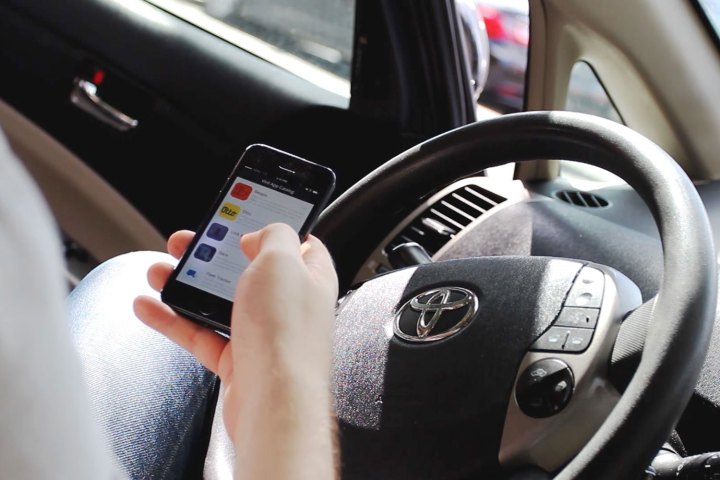
Considered a threat to public safety for their potential to hamper the work of emergency response teams, the devices are illegal to own and use.
It’s thought that when Jason Humphreys was caught in 2014, he’d been blocking phone signals along part of Interstate 4 between Seffner and Tampa for up to two years.
Cops managed to track him down after MetroPCS reported that some of its cell phone tower sites were experiencing interference at particular times of the day – in other words, when Humphreys was driving to and from work.
The FCC proposed the $48,000 fine two years ago but this week finally made it official, according to the commission’s own documents.
Humphreys reportedly told cops he’d been using his jammer from inside his Toyota Highlander to prevent phone owners from talking while behind the wheel, despite there being no law in Florida against such behavior.
The FCC listed Humphreys’ offenses as “unauthorized operation, use of an illegal device, and causing intentional interference.” It said at the time that because of the nature and extended duration of the violations, it’d propose the statutory maximum of $16,000 for each offense.
In another case, the FCC on Wednesday finalized a much bigger fine – $34.9 million, to be precise – to a Chinese firm caught selling the jammer online over a two-year period. When the firm’s actions were uncovered in 2014, it was alleged that CTS Technology had also lied to consumers, telling them the jammers were FCC-approved. According to the FCC, the company’s jammers “ranged from small, concealable devices that would block cell phone or GPS communications for a radius of only a few yards, to high-powered jammers that could disrupt a wide range of communications systems for several blocks.”
The commission’s Travis LeBlanc added, “In today’s mobile world, cellular, GPS, and other signal jamming devices seriously jeopardize communications, business operations, and public safety. Marketing or selling these devices to the public is unlawful and comes with substantial penalties.”
Editors' Recommendations
- 3 reasons why I’ll actually use Anker’s new iPhone power bank
- An Android phone you haven’t heard of just won the charging game
- I used a folding phone that costs nearly $3,000. Is it worth it?
- Arc Search is one of the best iPhone apps I’ve ever used
- This Android phone has a camera unlike any I’ve used before


